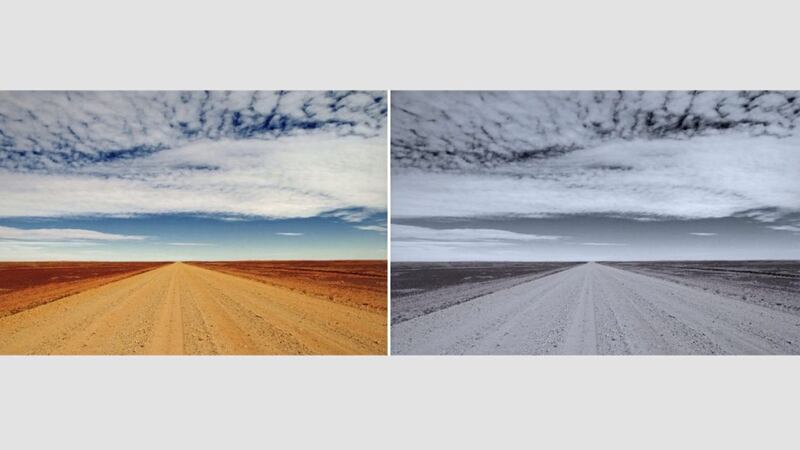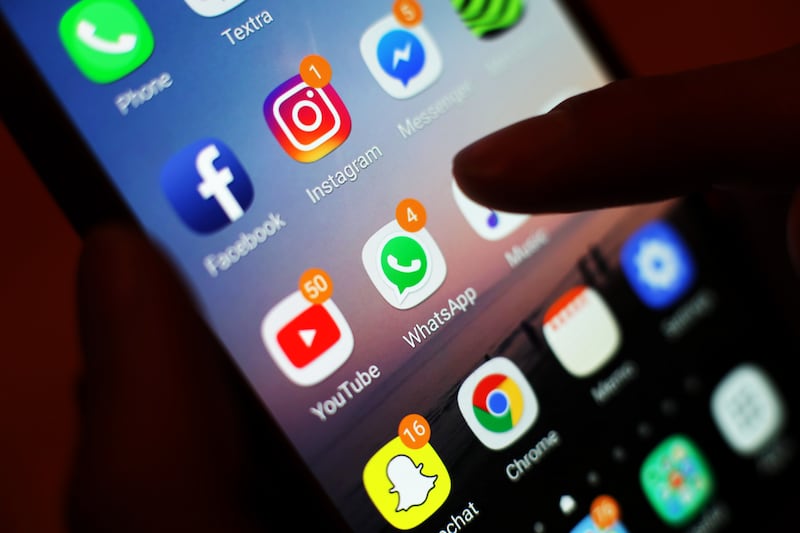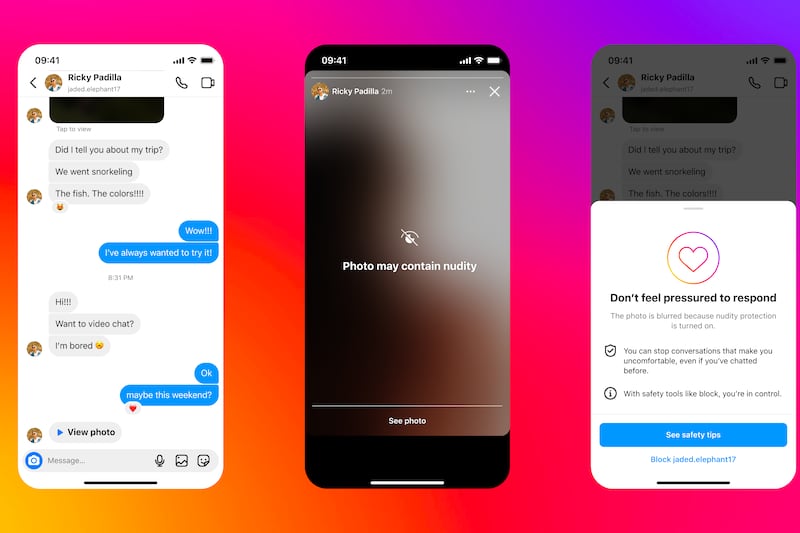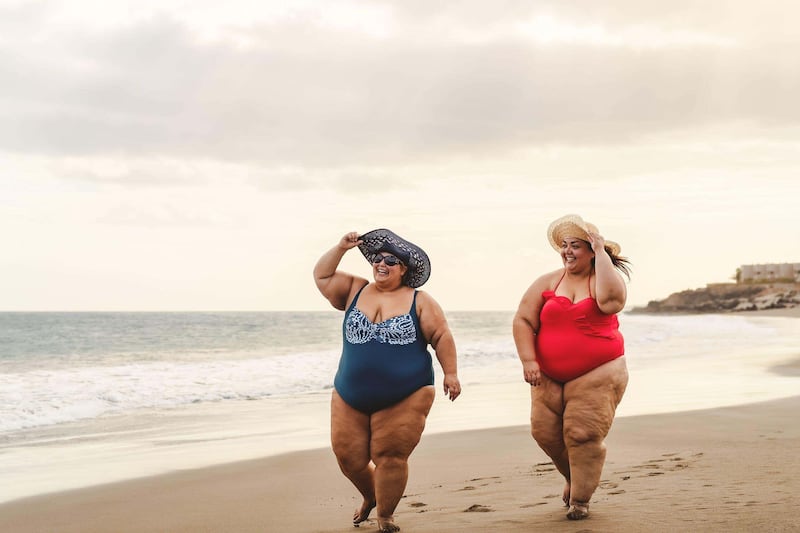FEELING blue may colour the photos you collect and share with others, research has shown. The pics will tend to be darker, greyer and, well, "bluer", according to scientists.
Depression can reveal itself in social media images in the same way sighs and slumped shoulders may betray sadness, a study suggests.
Artificially intelligent computer software was used to identify depressed people from the colour content of their Instagram photos with an accuracy of 70 per cent. In comparison, GPs have an average success rate for correctly diagnosing depression of 42 per cent.
Study co-leader Professor Chris Danforth, of the University of Vermont, said: "This study is not yet a diagnostic test, not by a long shot, but it is a proof of concept of a new way to help people. This points toward a new method for early screening of depression and other emerging mental illnesses.
"This could help you get to a doctor sooner. Or, imagine that you can go to the doctor and push a button to let an algorithm read your social media history as part of the exam."
The scientists asked volunteers recruited from Amazon's Mechanical Turk crowd sourcing site to share both their Instagram feeds and mental health history. A total of 43,950 photos were collected from 166 participants, around half of whom reported suffering from clinical depression in the last three years.
The images were analysed using software programmed with the results of well-established psychological research into people's preferences for brightness, colour and shading.
Prof Danforth and colleague Andrew Reece from Harvard University wrote in a blog post accompanying the study: "Pixel analysis of the photos in our dataset revealed that depressed individuals in our sample tended to post photos that were, on average, bluer, darker, and greyer than those posted by healthy individuals."
Sad individuals also posted photos containing fewer faces per pic than the face photos of happier people. This could be linked to reduced social interaction, or reflect the fact that depressed people take more self-portraits, said the researchers.
"This 'sad-selfie' hypothesis remains untested," they wrote.
The study was published in the journal EPJ Data Science. A key finding was that the computer was able to detect signs of a person's depression in photos posted before the problem was diagnosed.
Chloe Grass-Orkin, of the charity Rethink Mental Illness, said: "For many people, using social media is now second nature and forms a part of our daily lives, so being able to integrate mental health support within these platforms offers exciting possibilities. This is clearly a new frontier for research."








